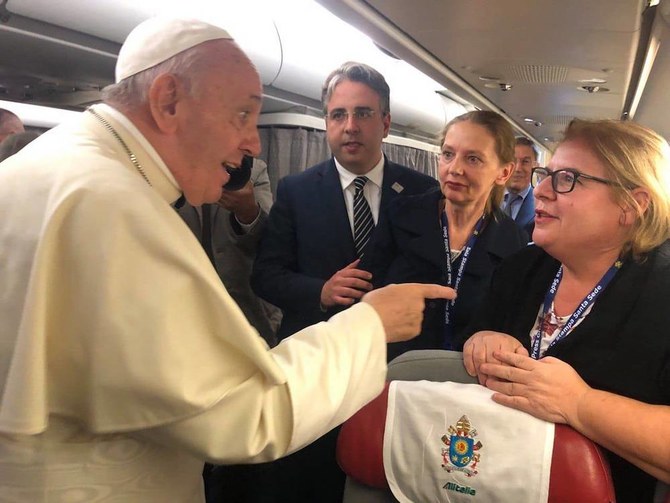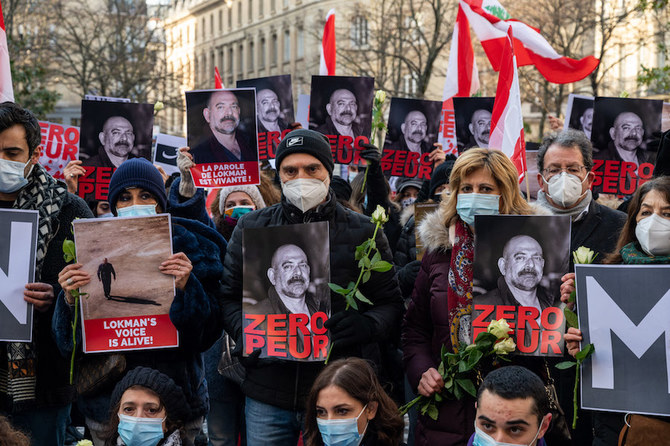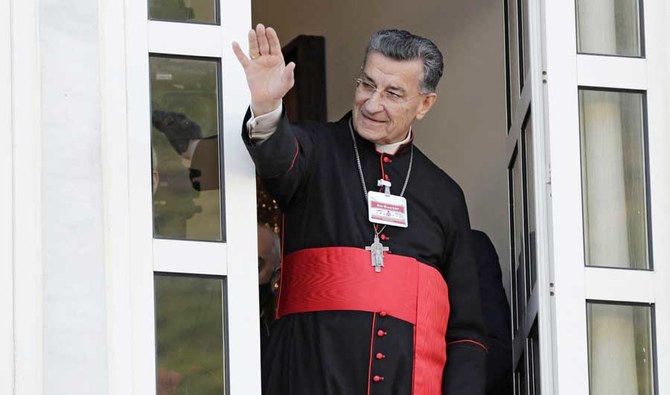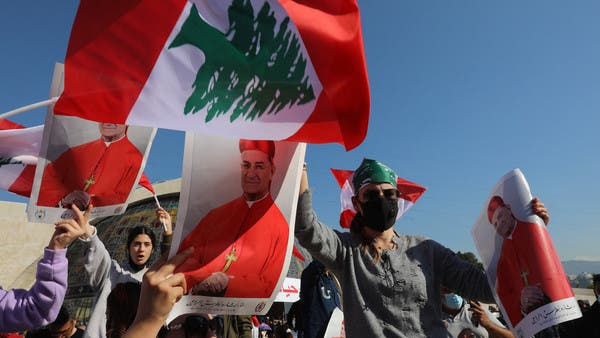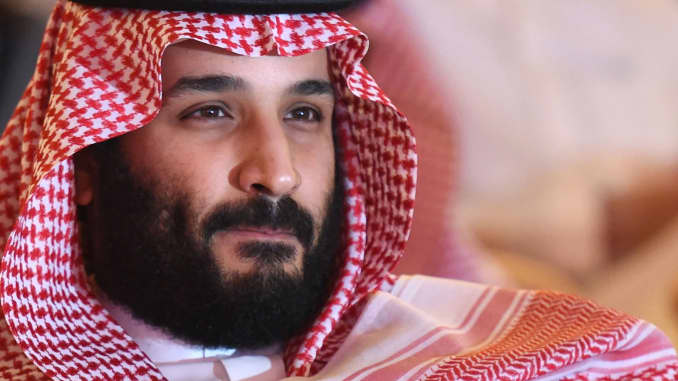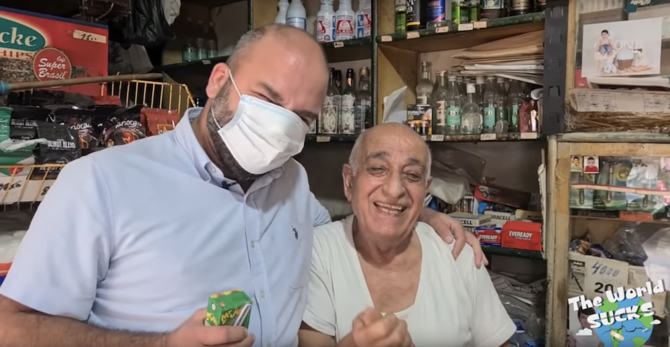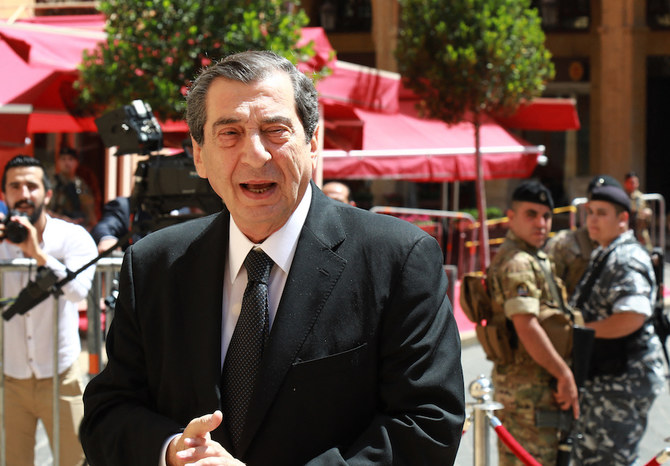![A one hundred US dollar banknote sits on top of Lebanese pound banknotes in this arranged photograph in Beirut, Lebanon, on July 21, 2020 [Hasan Shaaban/Bloomberg via Getty Image]](https://i1.wp.com/www.middleeastmonitor.com/wp-content/uploads/2021/03/GettyImages-1227736994-scaled-e1614709846163.jpg?resize=1200%2C800&quality=85&strip=all&zoom=1&ssl=1)

by middleeastmonitor.com — Lebanon’s pound tumbled on Tuesday towards 10,000 to the dollar, a record low for a currency battered by a financial meltdown that has fuelled poverty and unrest, reports Reuters. The collapse, on a scale Lebanon has never seen, has slashed about 85% of the currency’s value in a country relying heavily on imports. The cost of scarce dollars hit 10,000 Lebanese pounds on Tuesday, said three currency dealers on the informal market, a main source of cash since banks stopped dispensing dollars. Two other dealers said earlier the greenback had traded at 9,900. That makes Lebanon’s minimum wage worth about $68 a month. Dozens of protesters blocked roads with burning tyres in central Beirut, on the road to the airport, and near the city of Baalbek. Others shut down a foreign exchange bureau in the southern city of Sidon, local media said. “We can’t bear it anymore… The dollar is going up and they don’t care about us. They’re still dividing up their gains,” Rabih Khaled, who has been unemployed for months, said at one of the protests.
Political leaders have failed to agree on a rescue plan since the crisis, rooted in decades of state graft, erupted in late 2019 as dollar inflows dried up. At the time, protests had gripped the country, fuelled by anger over economic hardship and new tax plans, including a daily 20-cent fee on Whatsapp calls. Prices of many consumer goods such as diapers or cereals have nearly tripled since then. Charities warn of rising hunger. The currency last touched lows close to 10,000 in the summer of 2020, weeks before the huge August port blast that devastated much of Beirut.
